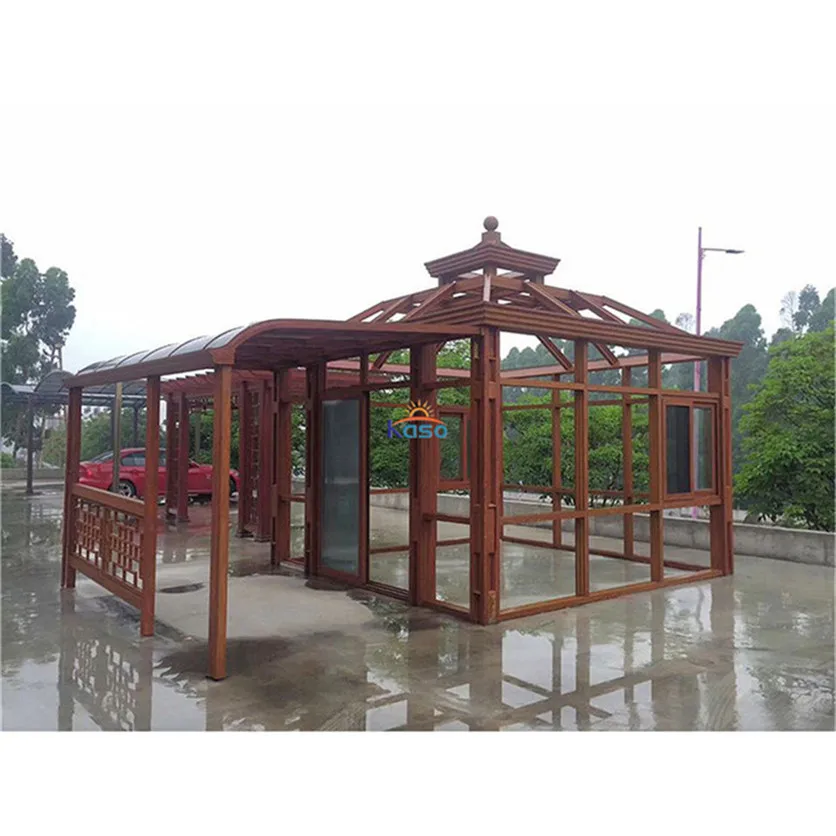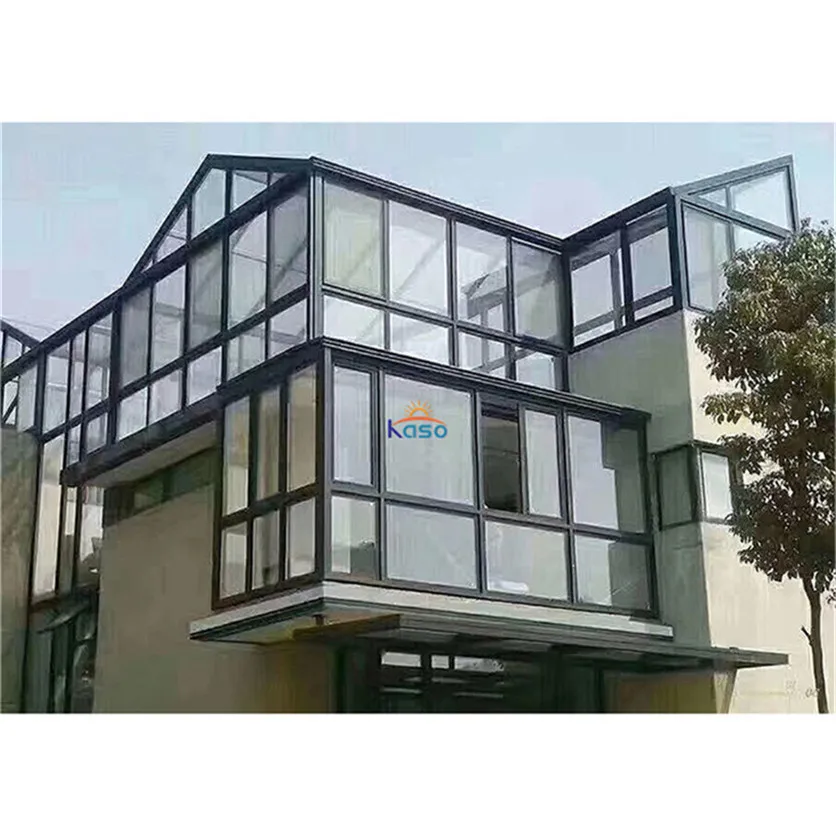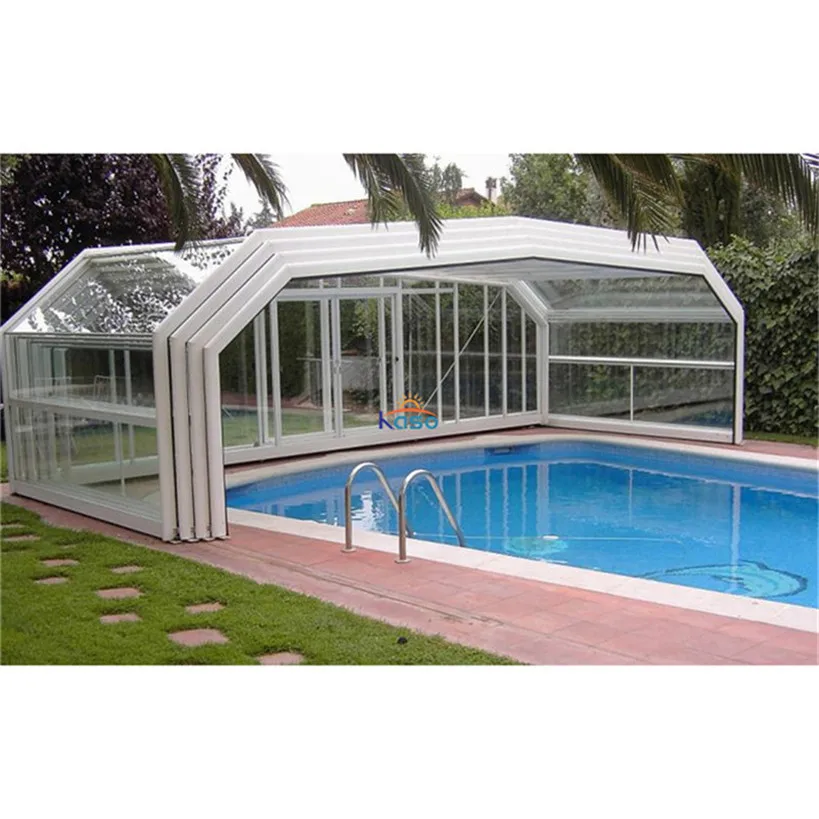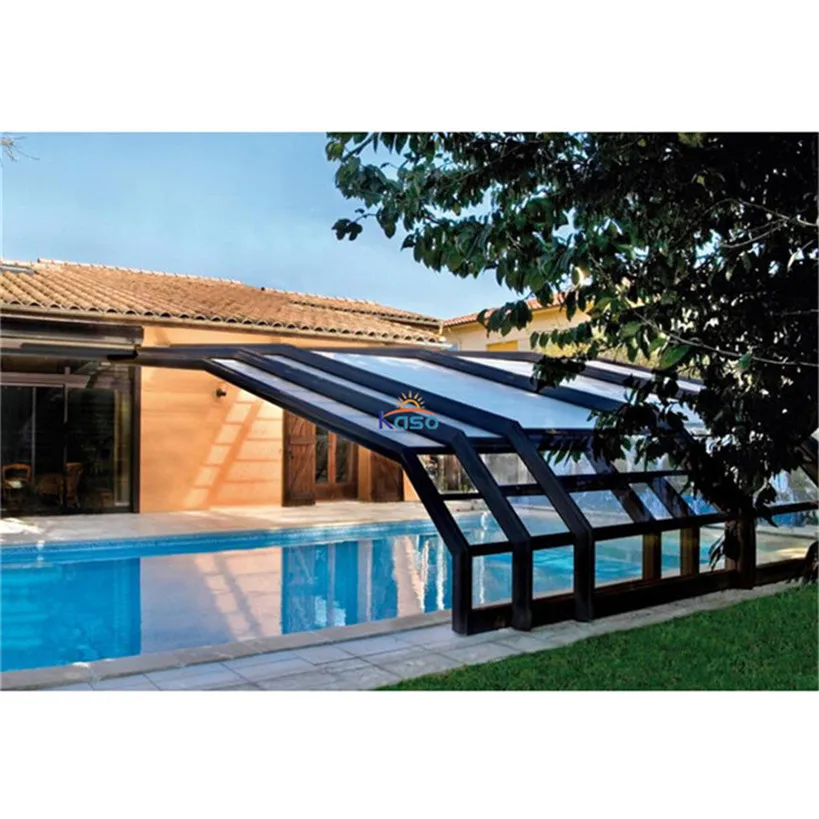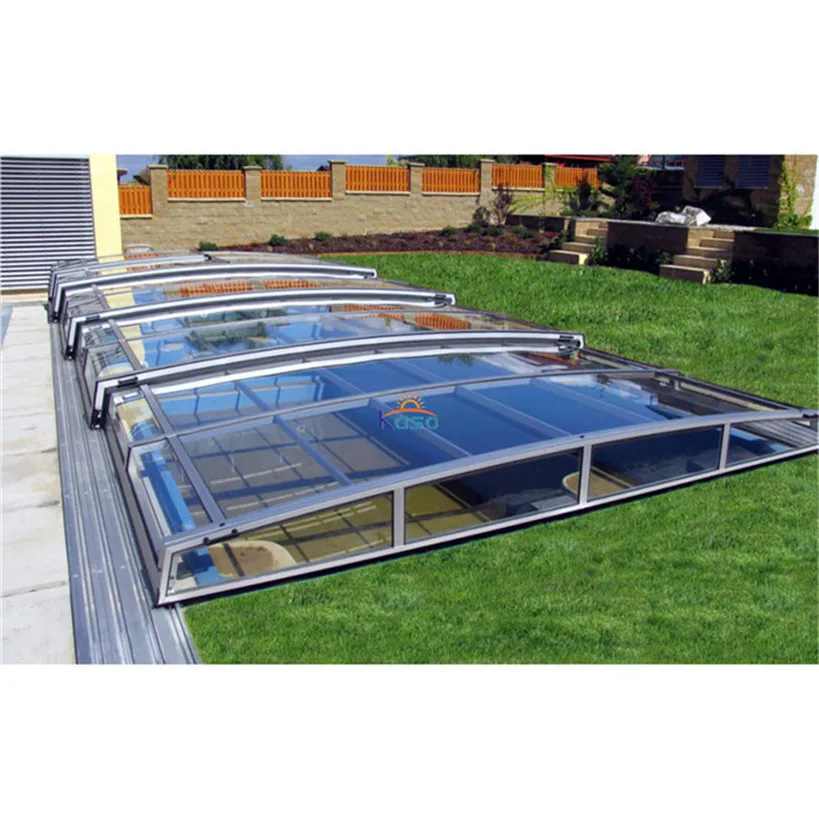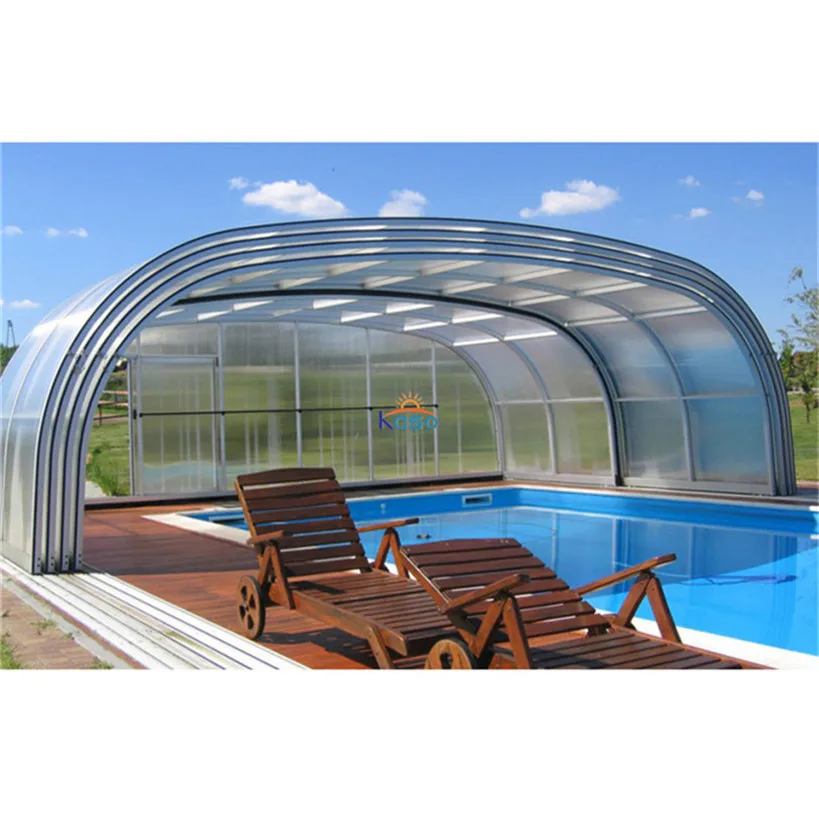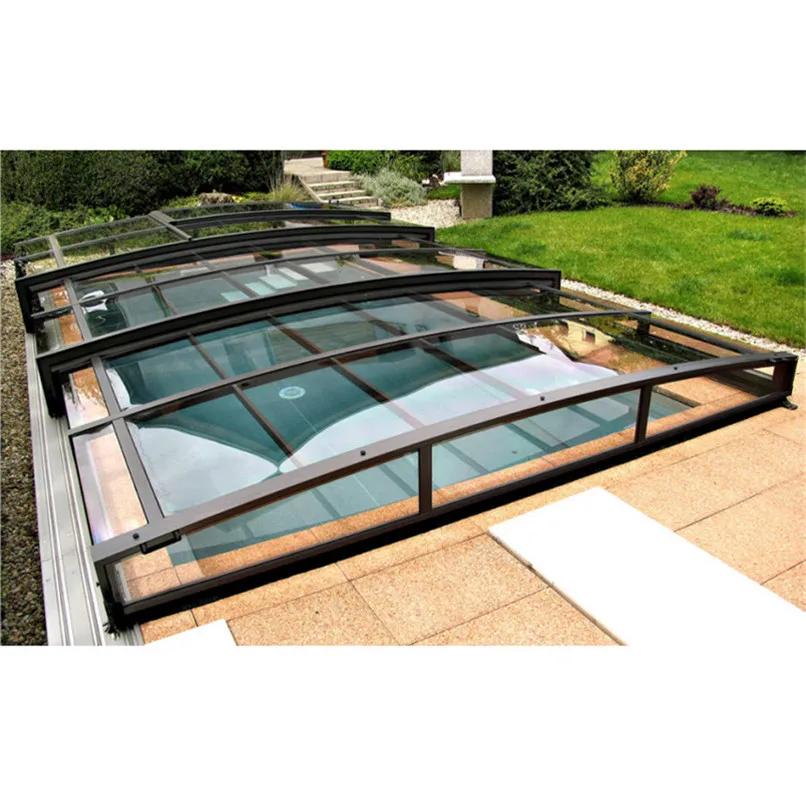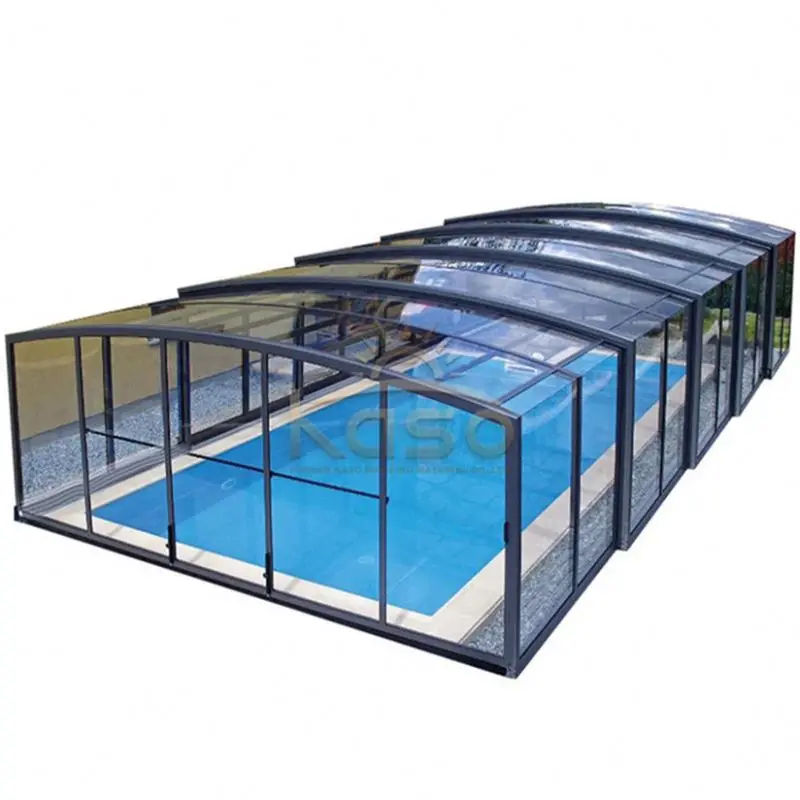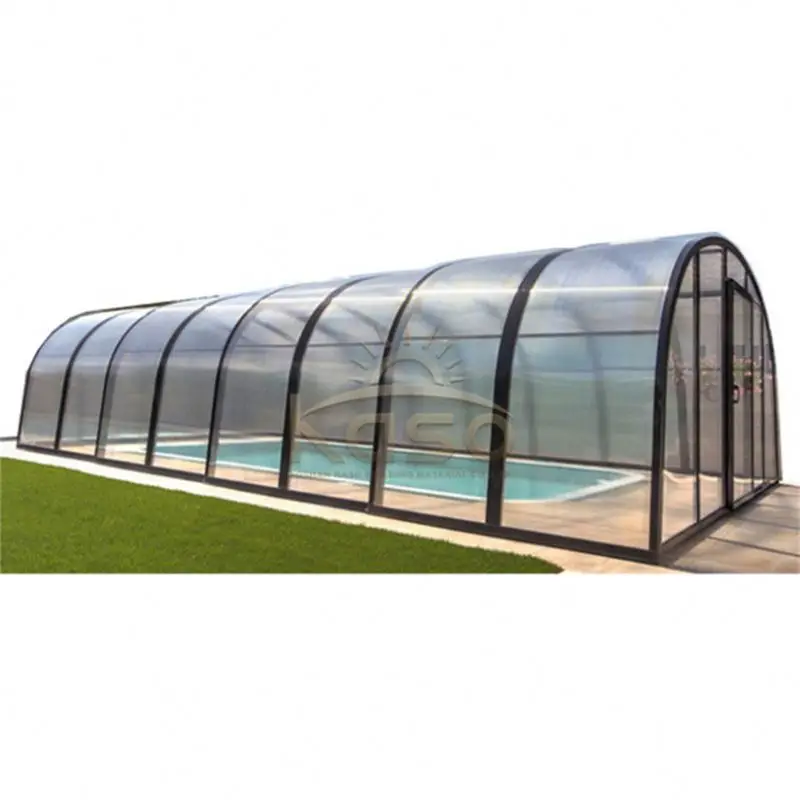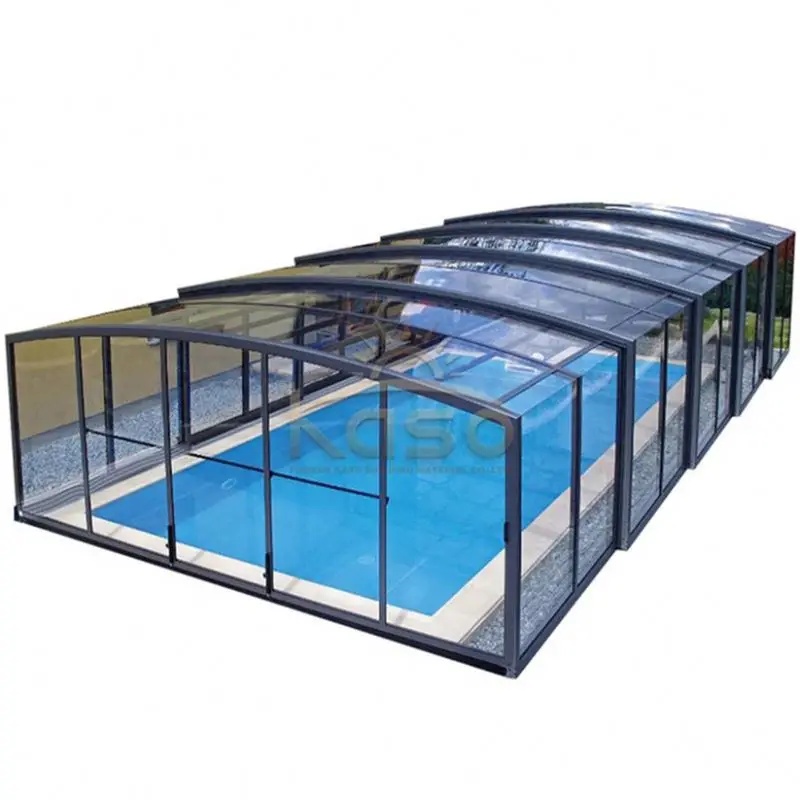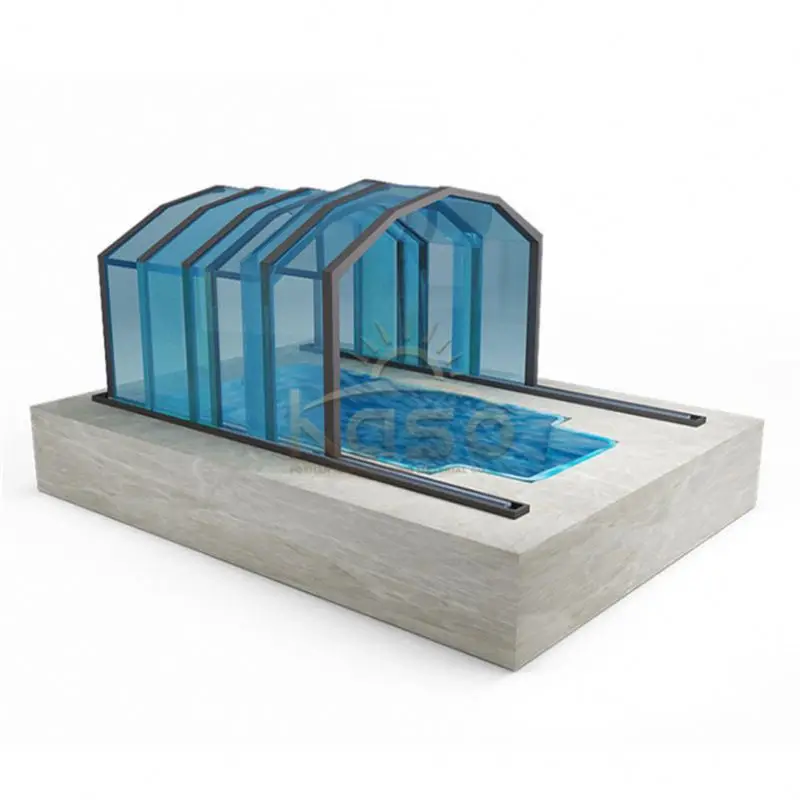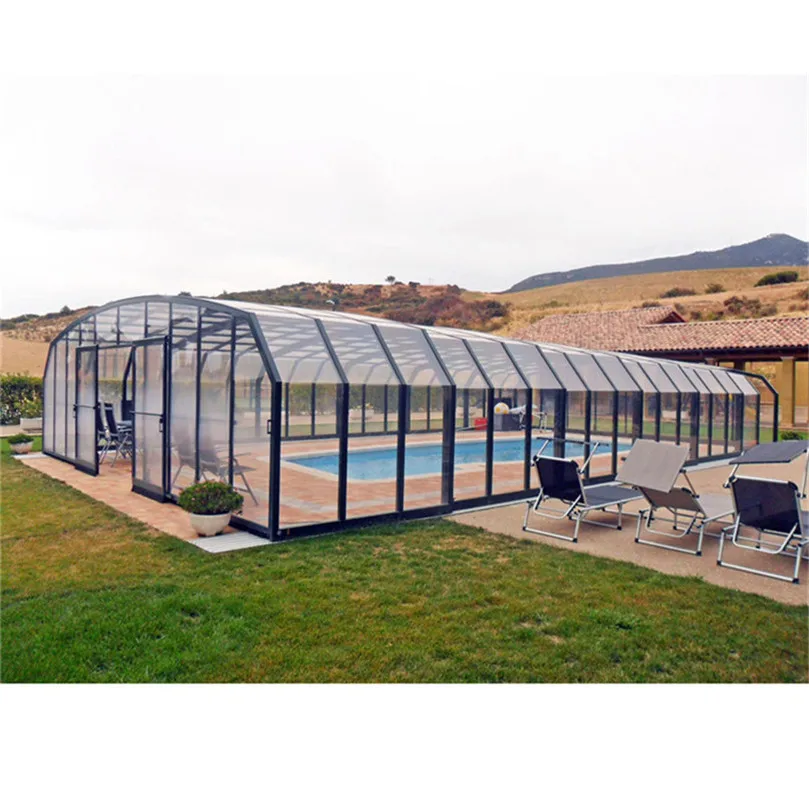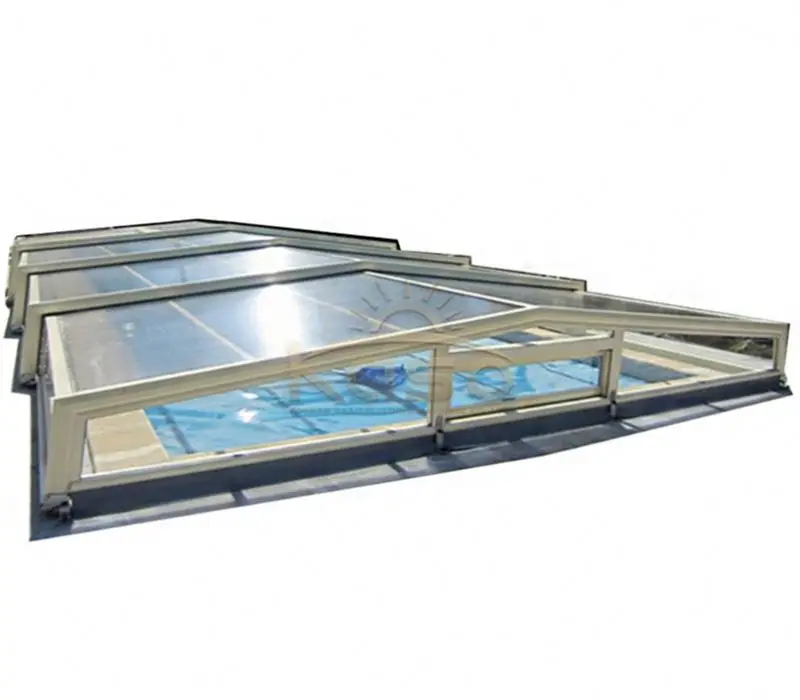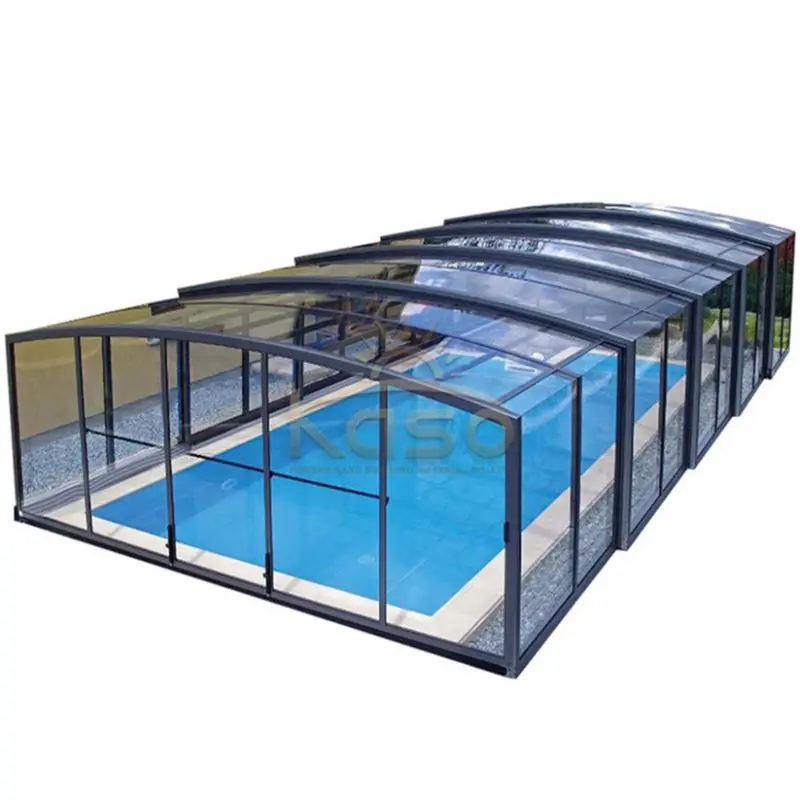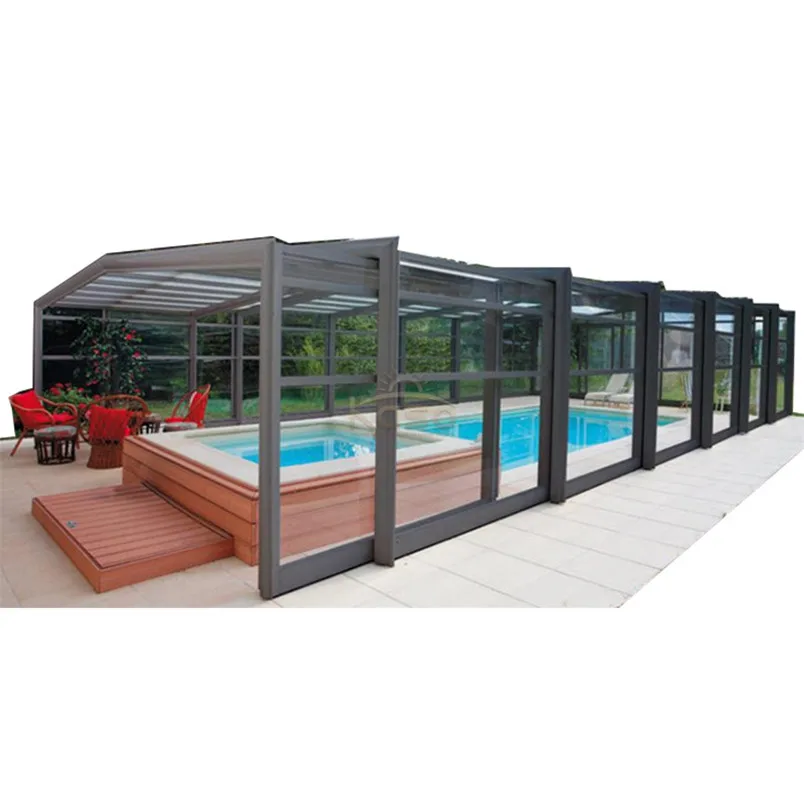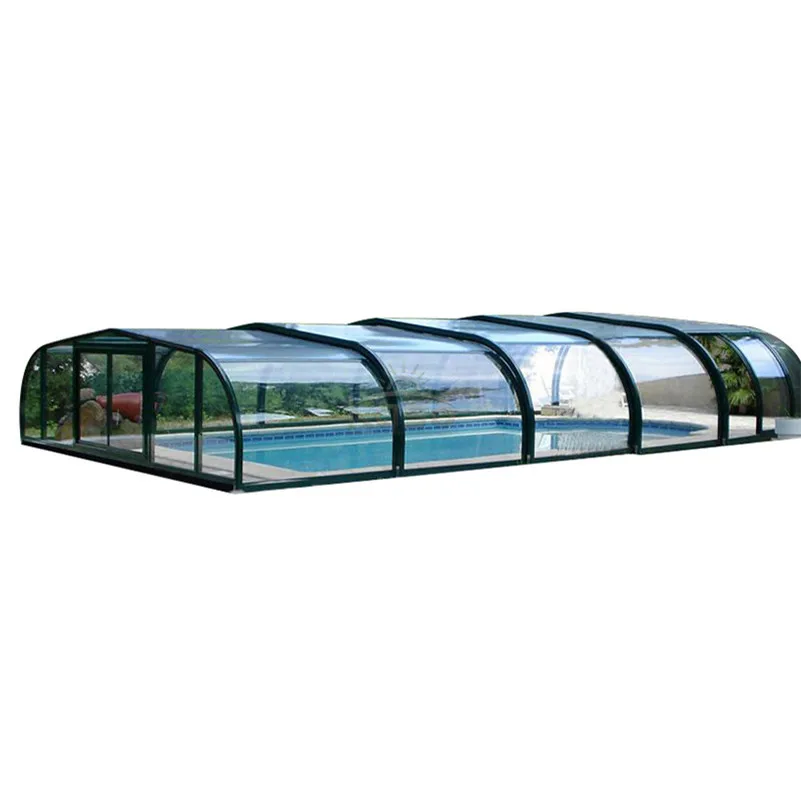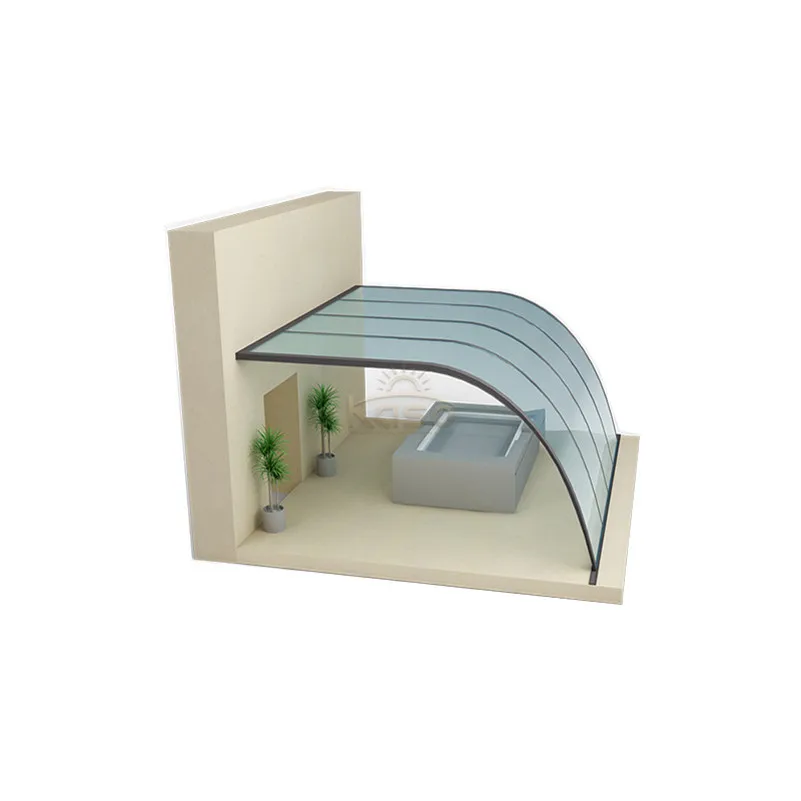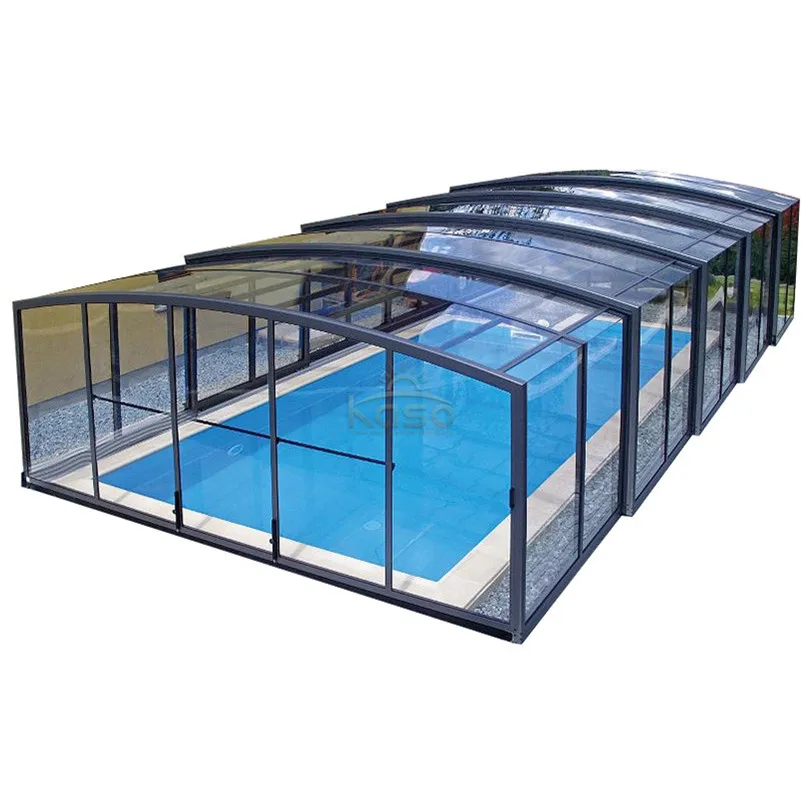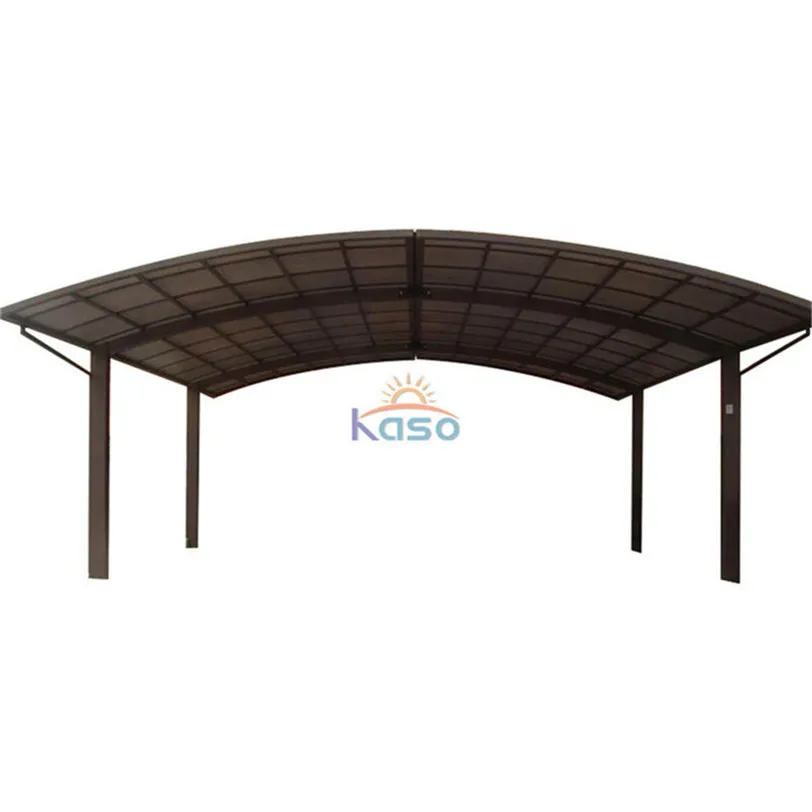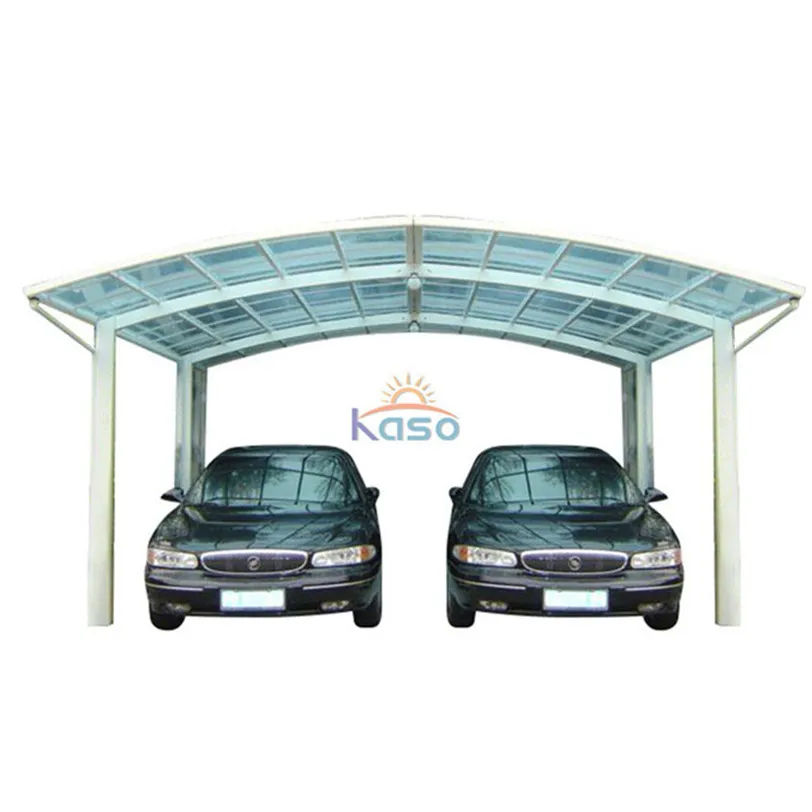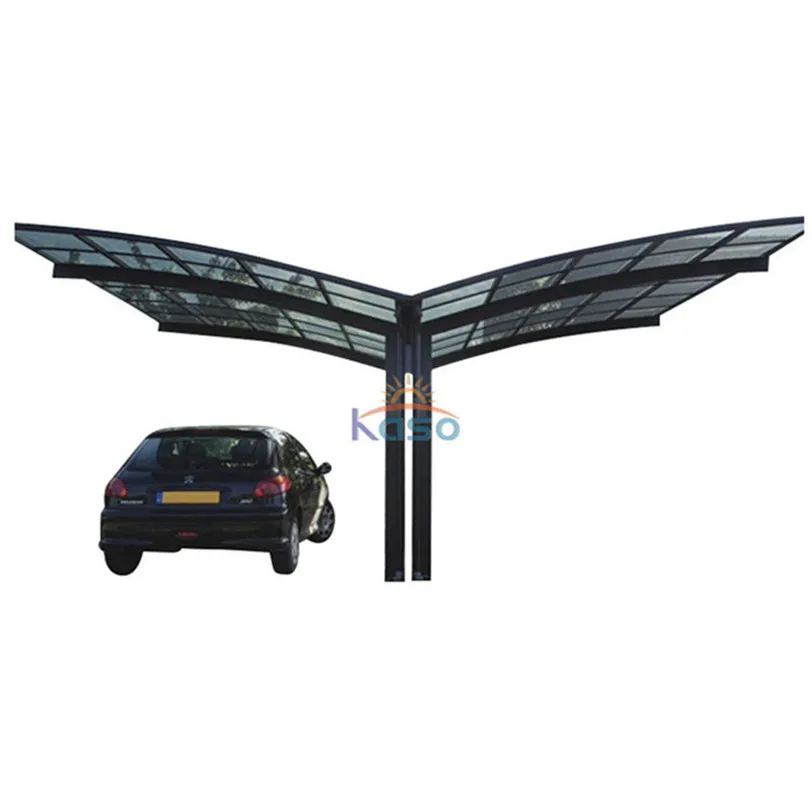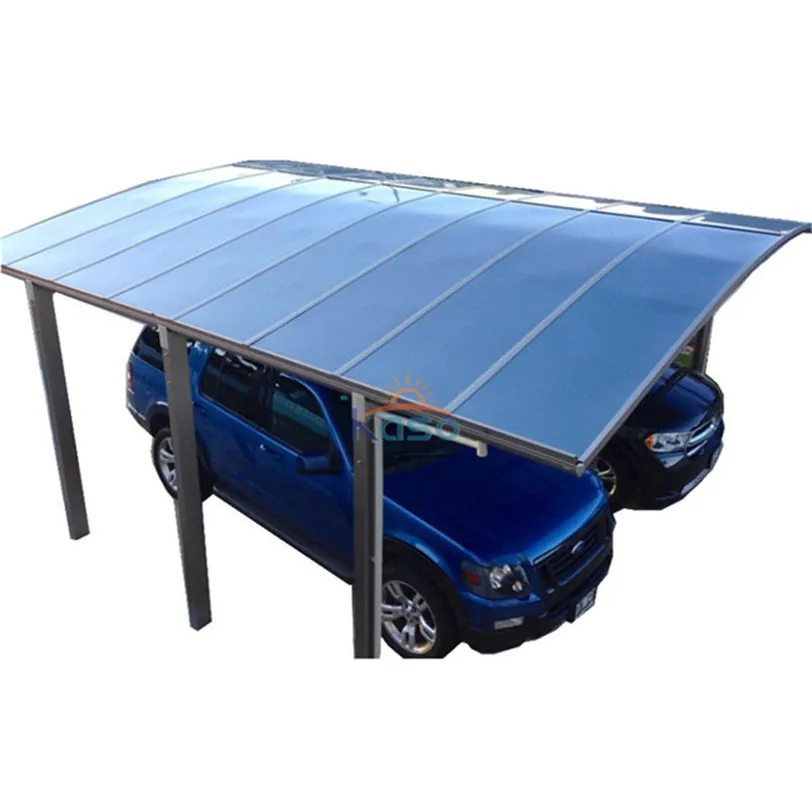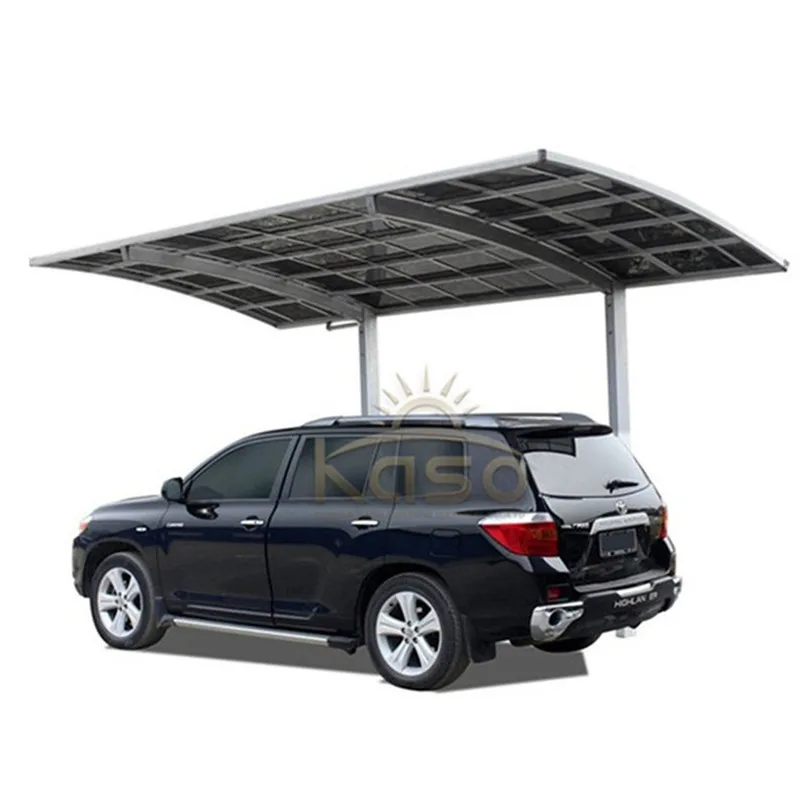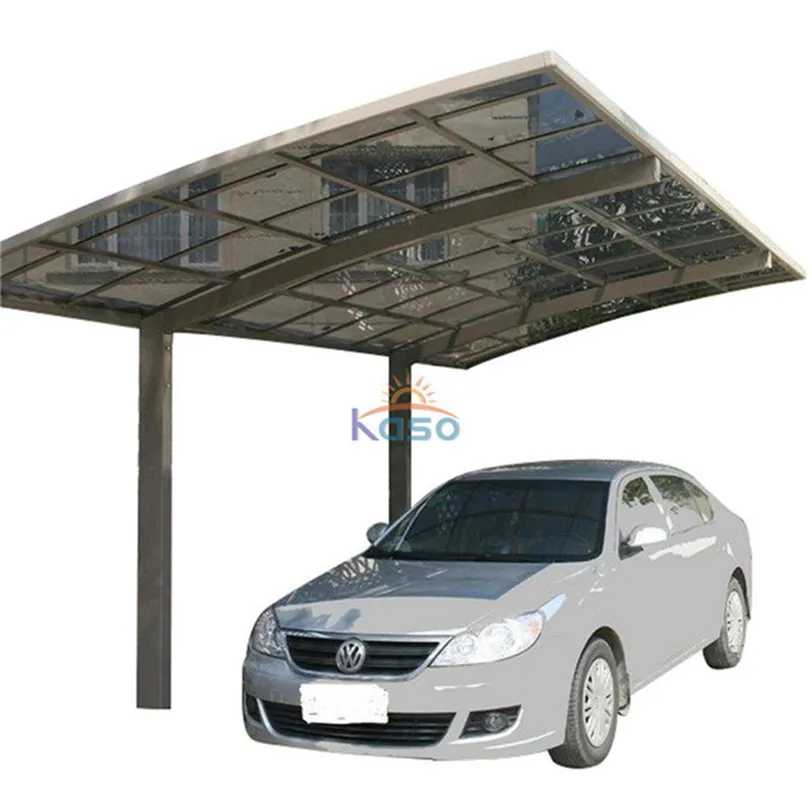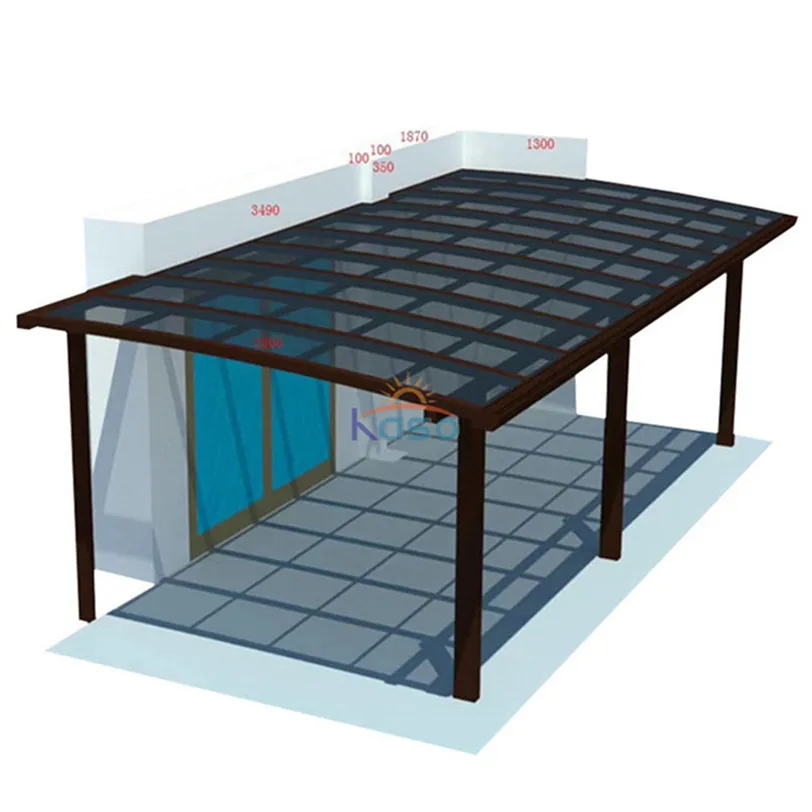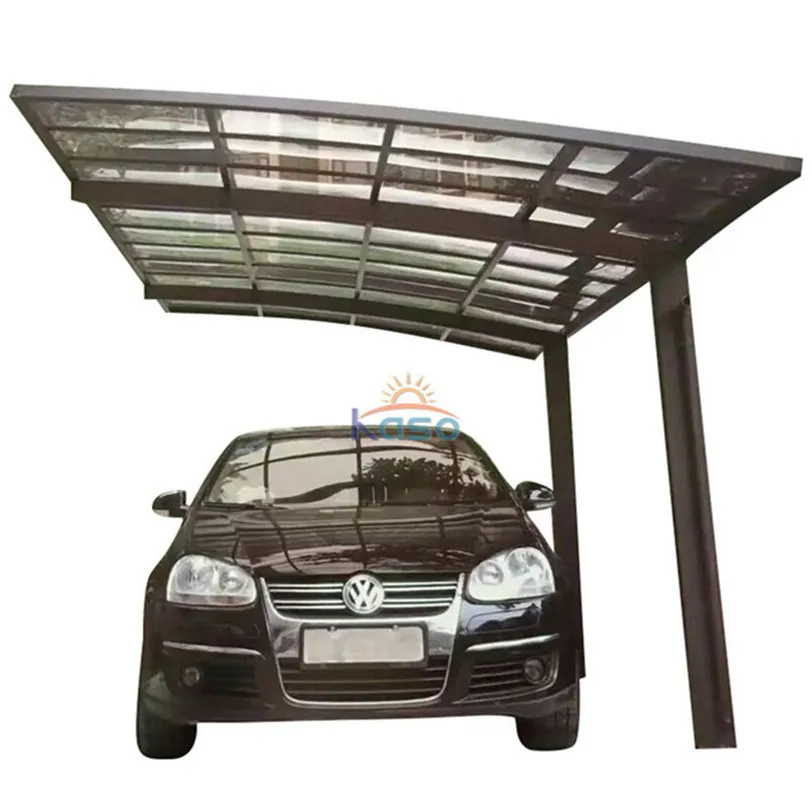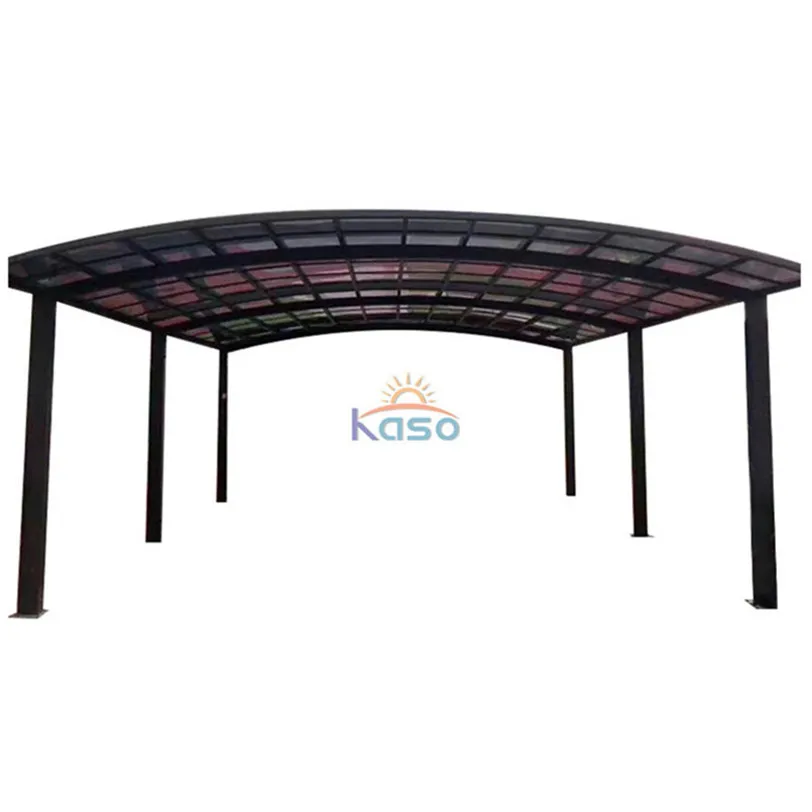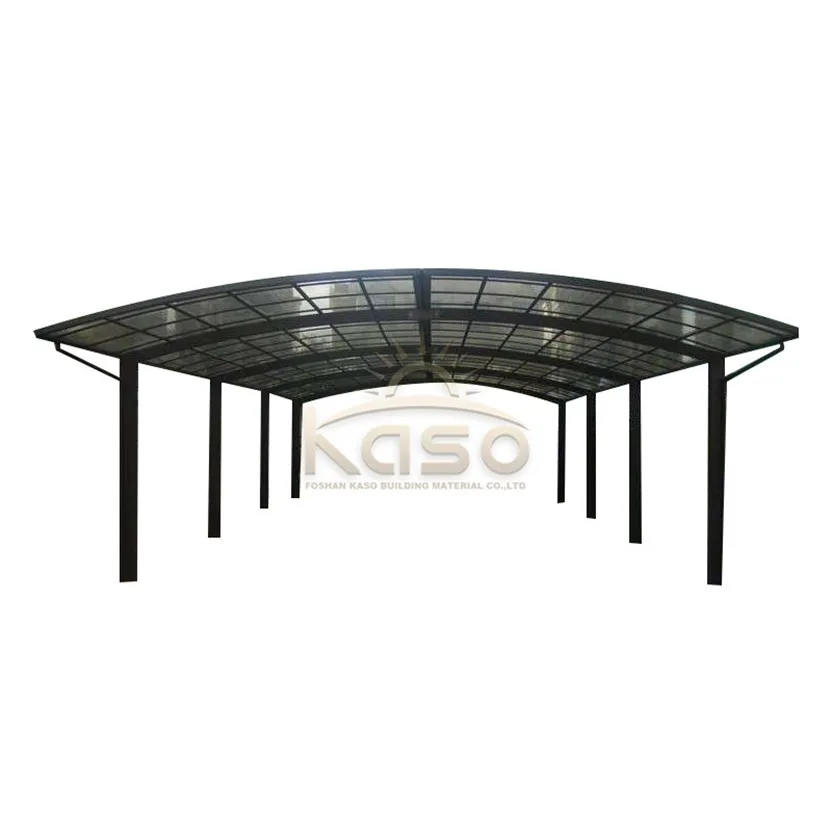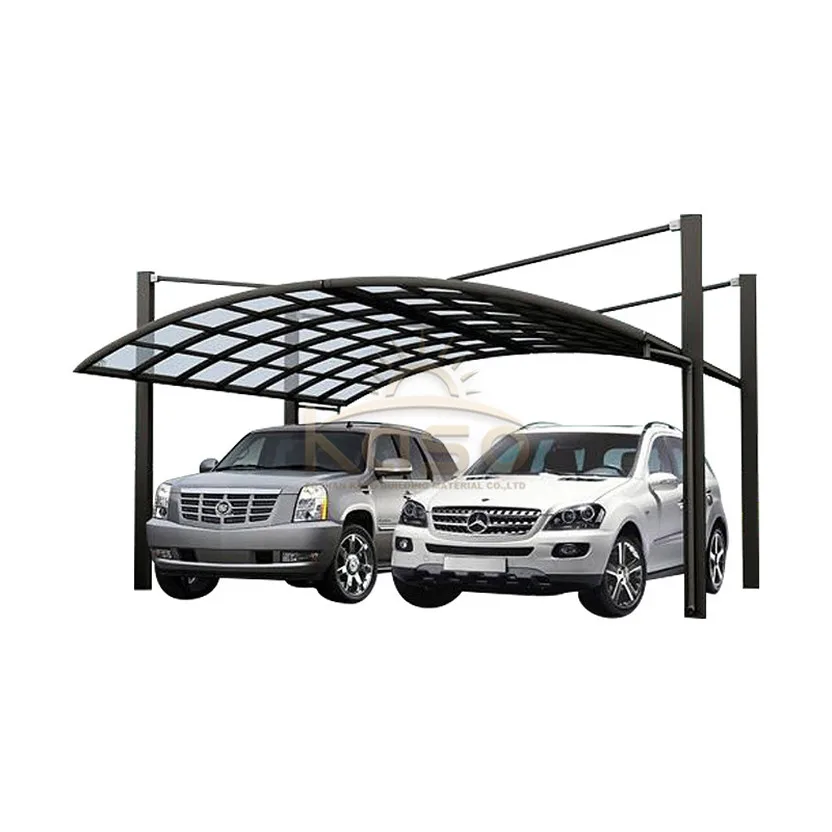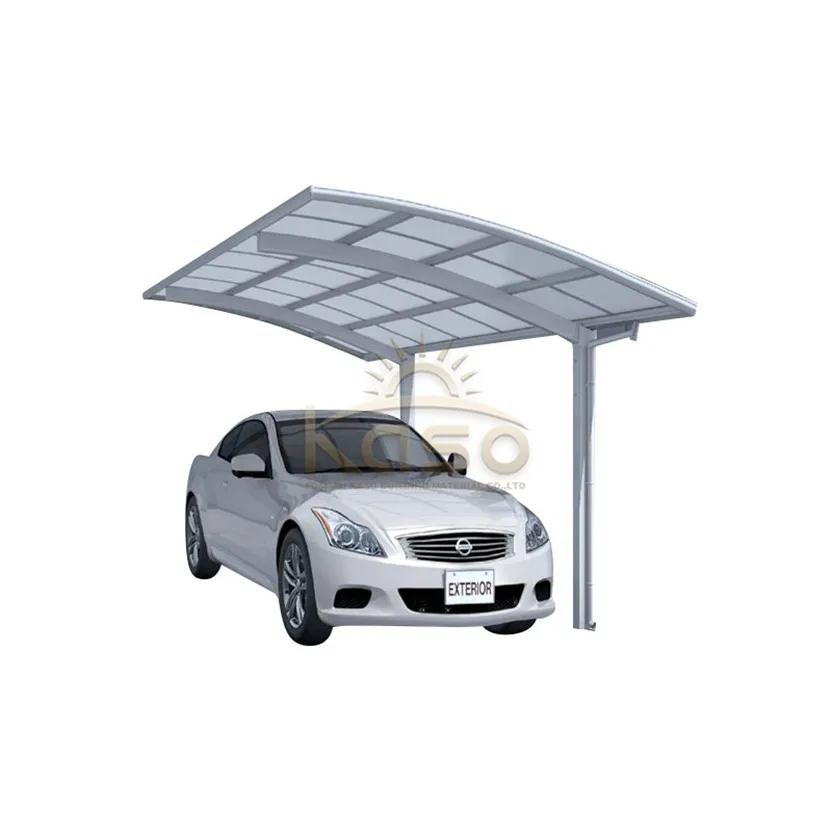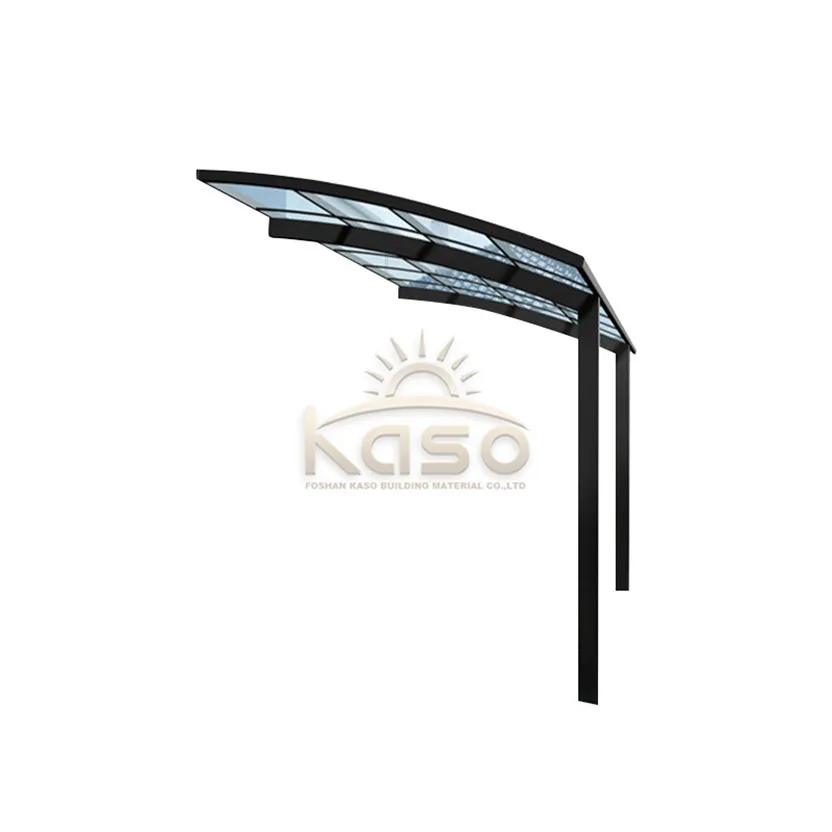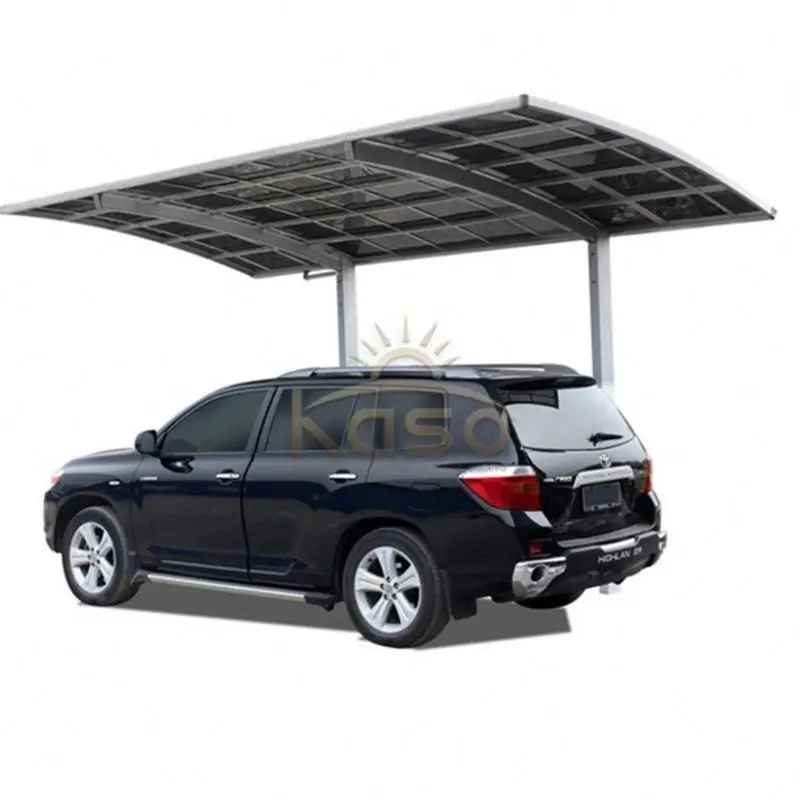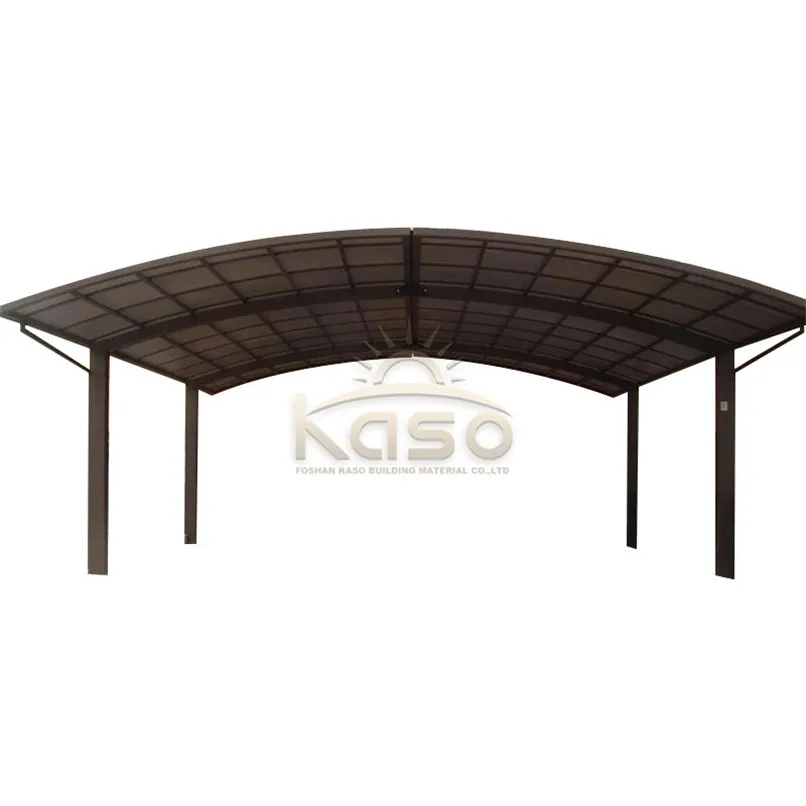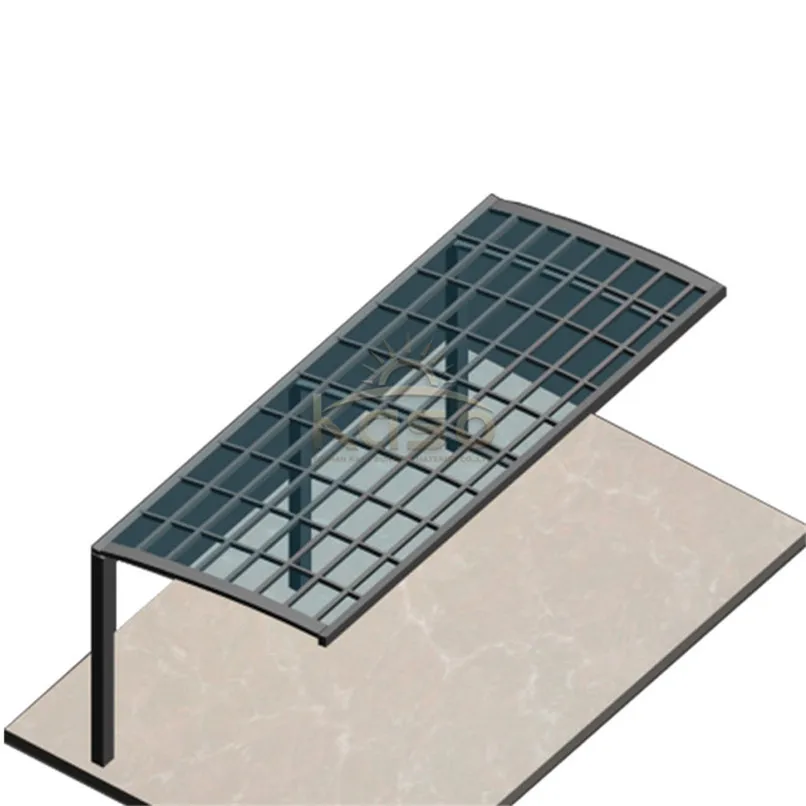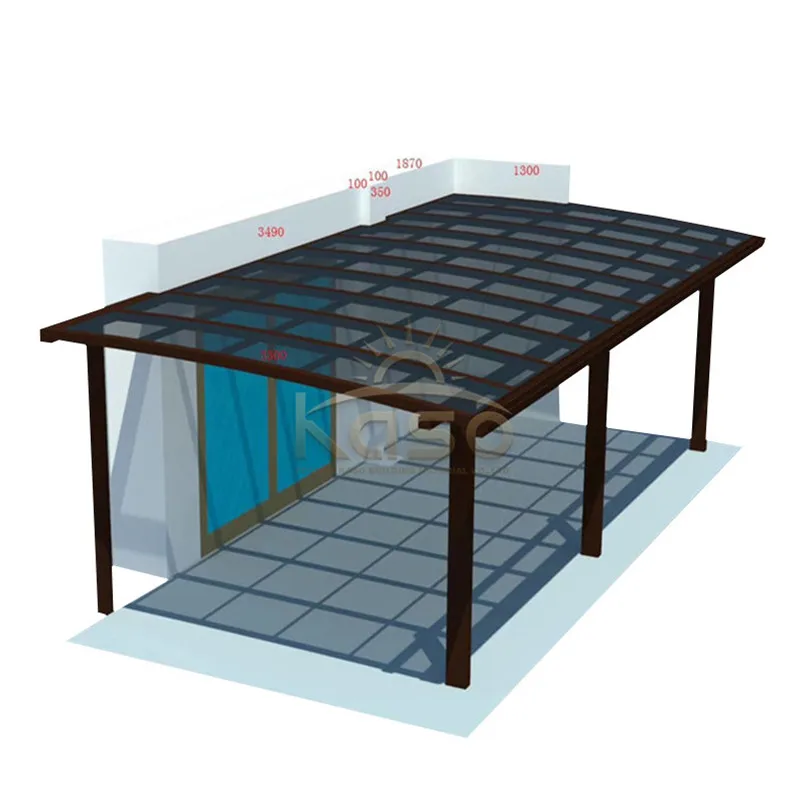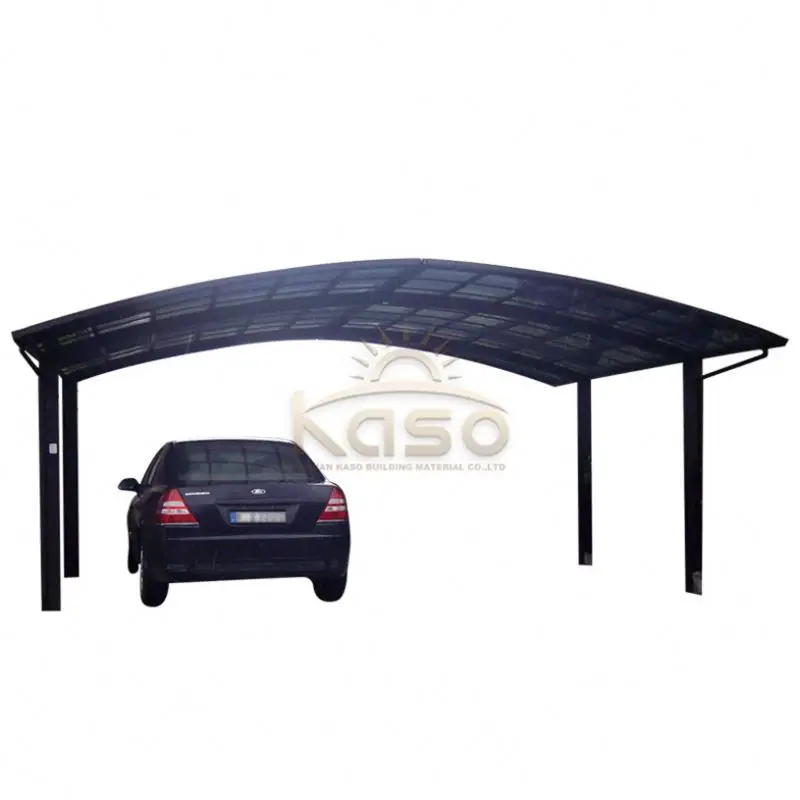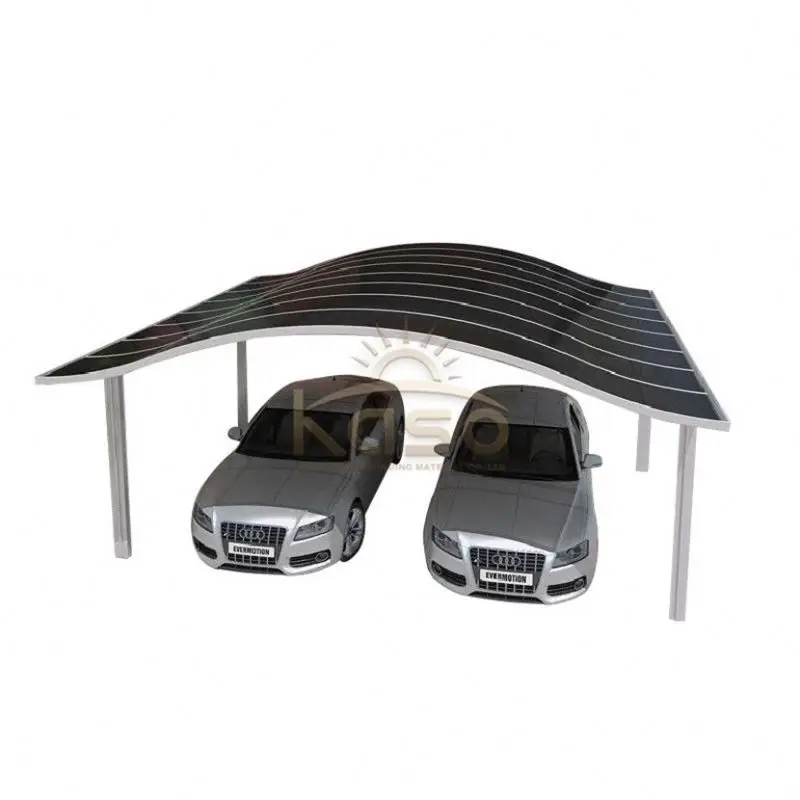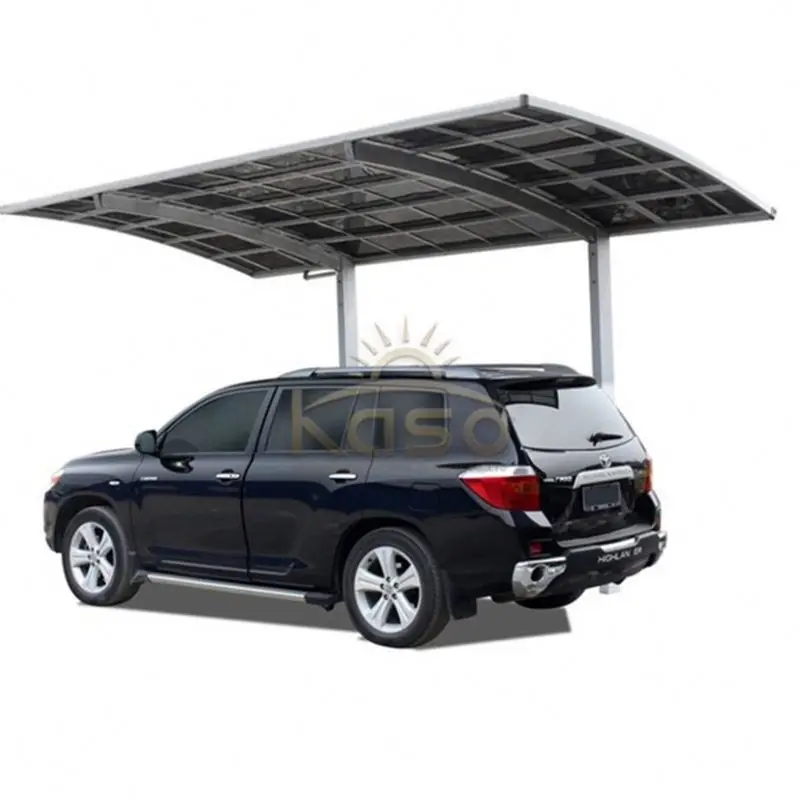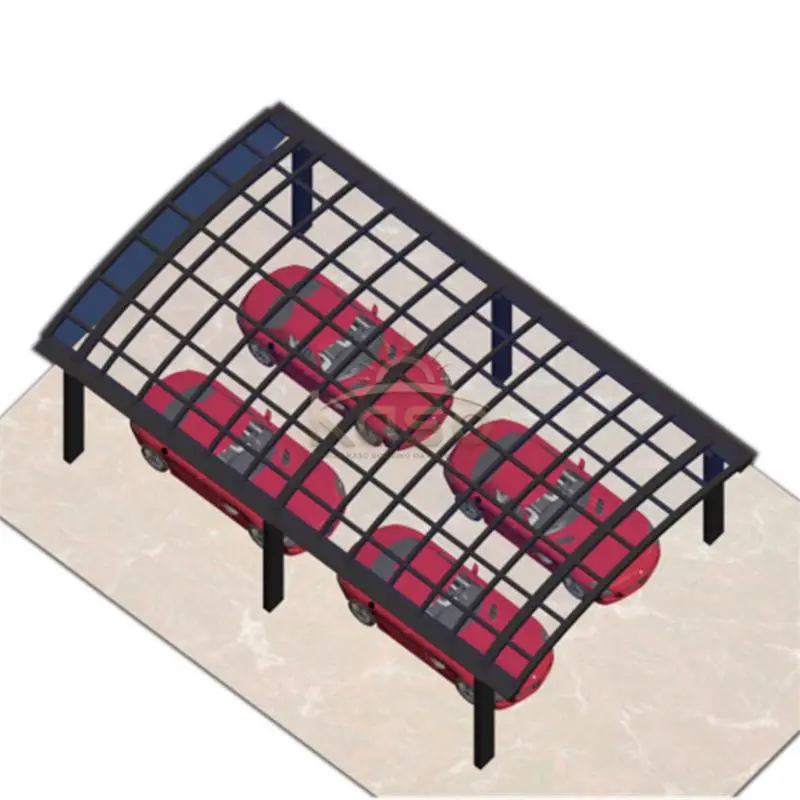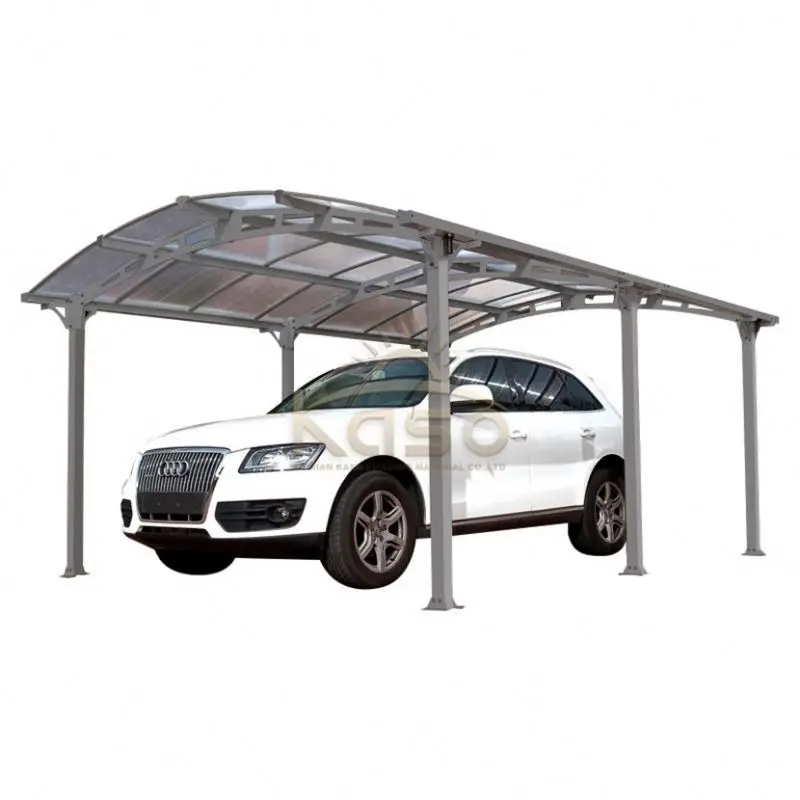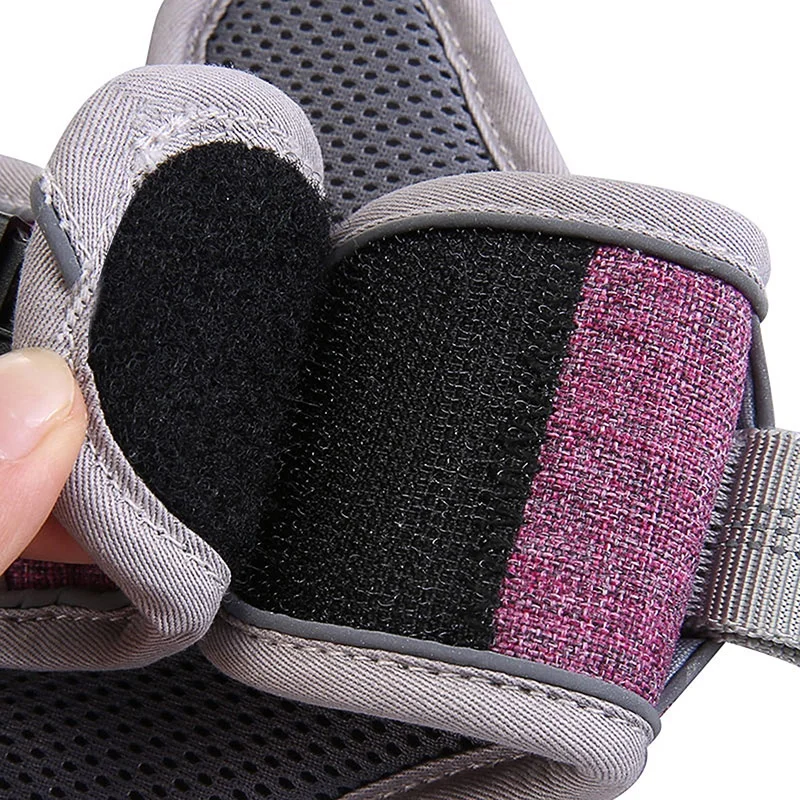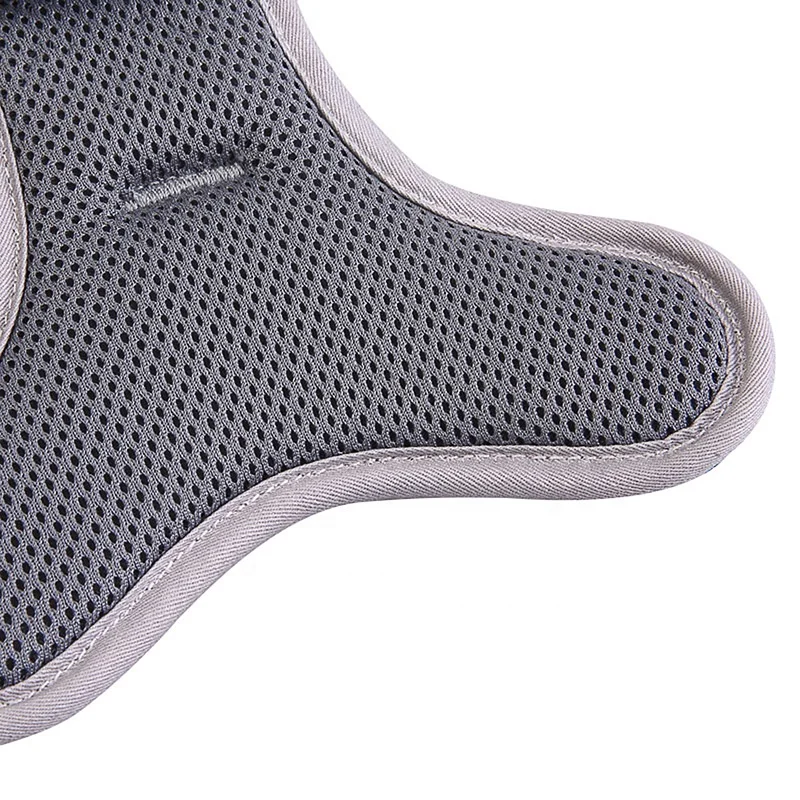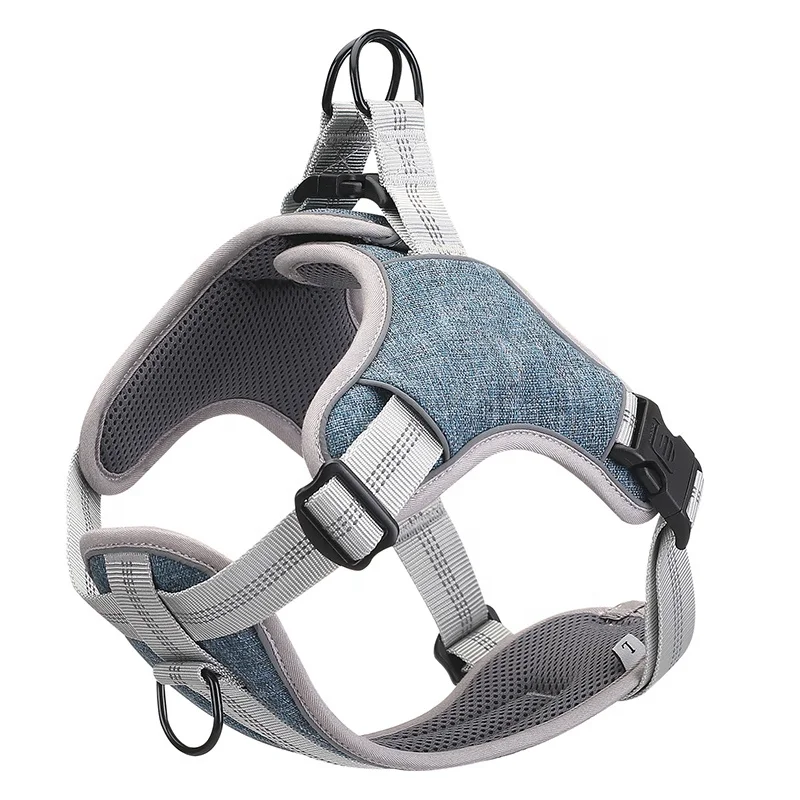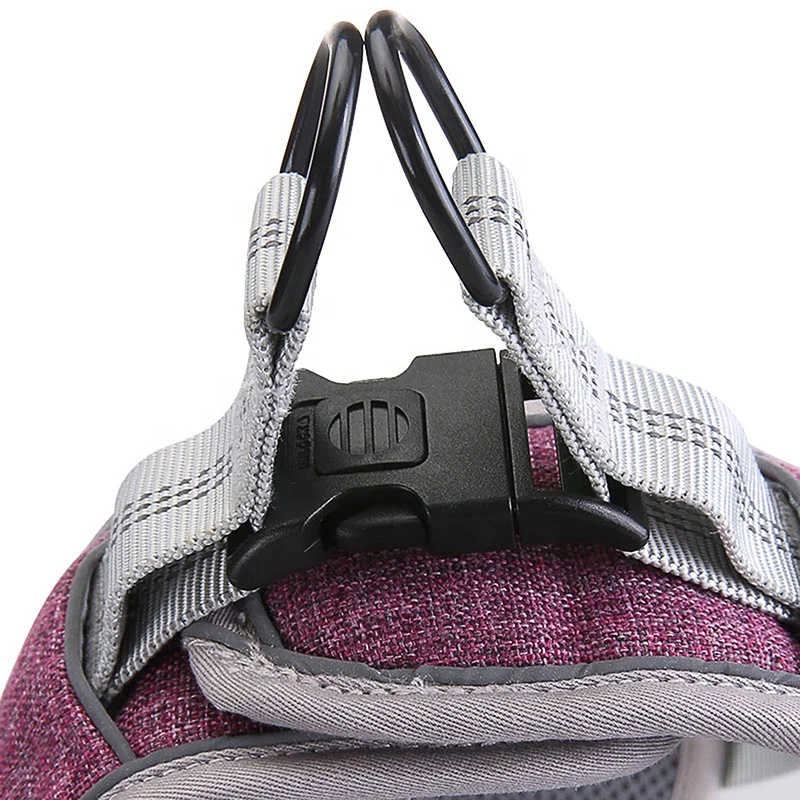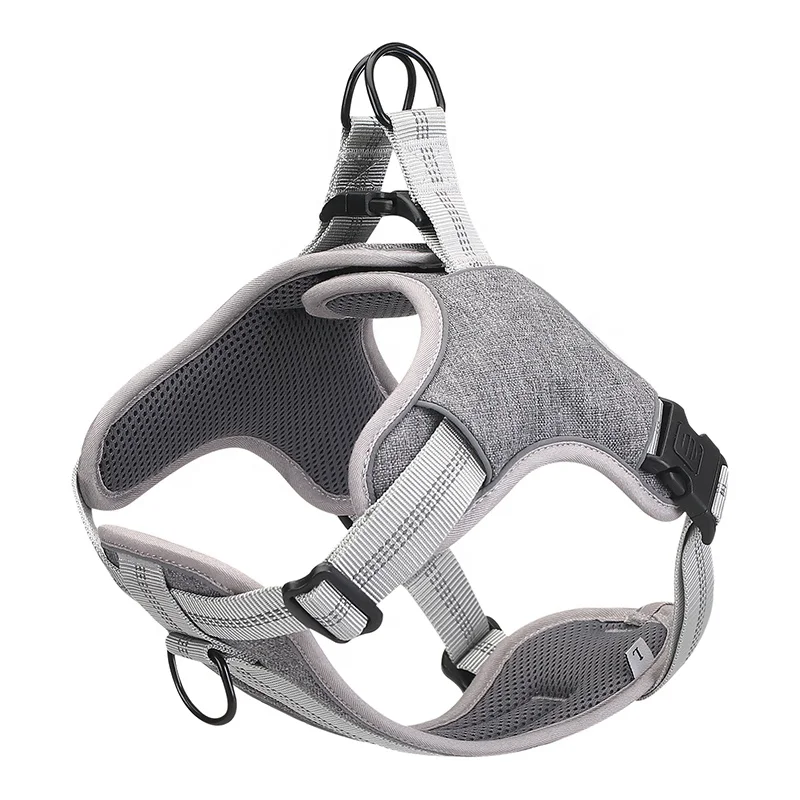Metals & Alloys: Sourcing, Types, and Buying Guide for 2025
The global demand for metals & alloys continues to grow, with China remaining a key supplier for industries worldwide. Whether you're in construction, manufacturing, or aerospace, understanding how to source these materials effectively can save costs and ensure quality. This guide covers everything from reliable suppliers to material selection.
How to Find Reliable Metals & Alloys from China in 2025
Finding trustworthy suppliers is crucial when importing metals & alloys. Platforms like Alibaba and Made-in-China offer verified vendor lists, but always check:
- Supplier certifications (ISO, ASTM compliance)
- Production capacity and lead times
- Client testimonials and case studies
Top industrial zones like Jiangsu and Guangdong specialize in metal production, offering competitive pricing for bulk orders.
What Buyers Should Know Before Buying Metals & Alloys from China
Key considerations include:
- Import tariffs and trade regulations (check 2025 updates)
- Quality testing protocols (request material certificates)
- Shipping logistics and Incoterms
Case Study: A German automotive manufacturer reduced costs by 22% through direct sourcing from Shanghai alloy producers.
Types of Metals & Alloys
Common industrial materials include:
Ferrous Metals
- Carbon steel (grades 1018, 1045)
- Stainless steel (304, 316L)
Non-Ferrous Metals
- Aluminum alloys (6061, 7075)
- Copper alloys (brass, bronze)
Specialty Alloys
- Titanium alloys (Grade 5)
- Nickel superalloys (Inconel)
Functions and Features of Metals & Alloys
Material properties determine applications:
| Material | Tensile Strength | Corrosion Resistance |
|---|---|---|
| 304 Stainless | 515 MPa | Excellent |
| 6061 Aluminum | 310 MPa | Good |
Heat treatment can enhance hardness by up to 300% for tool steels.
Scenarios of Metals & Alloys
Industry applications:
Construction
Structural steel beams with yield strengths >345 MPa
Aerospace
Titanium alloys for lightweight components
Medical
Cobalt-chrome for implants (biocompatibility)
How to Choose Metals & Alloys
Selection factors:
- Mechanical requirements (load, stress)
- Environmental conditions
- Budget constraints
Tip: Consult material datasheets and conduct prototype testing.
Metals & Alloys Q & A
Q: What's the minimum order quantity for alloys from China?
A: Typically 1-5 tons, but some suppliers accept smaller trial orders.
Q: How to verify material authenticity?
A: Request third-party testing reports (SGS/BV) with chemical composition analysis.
Q: What's the price trend for aluminum alloys?
A: Prices fluctuate with LME rates; 2025 projections suggest 5-8% increases.
Q: Are Chinese metal standards compatible with ASTM?
A: Many GB standards are equivalent, but confirm with your supplier.
Q: Lead time for custom alloy production?
A: 4-8 weeks for specialized formulations.




